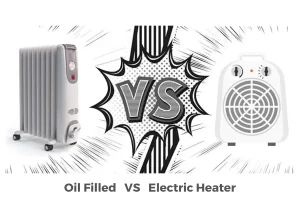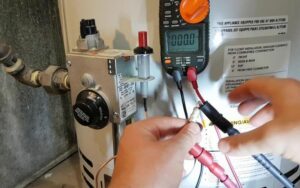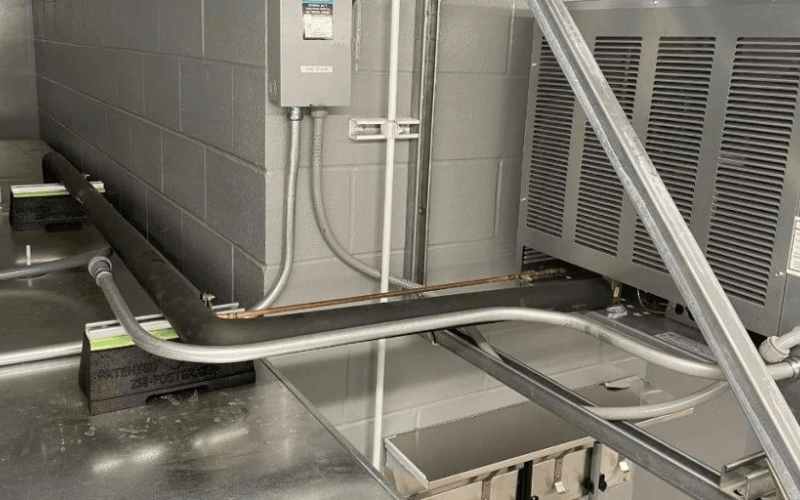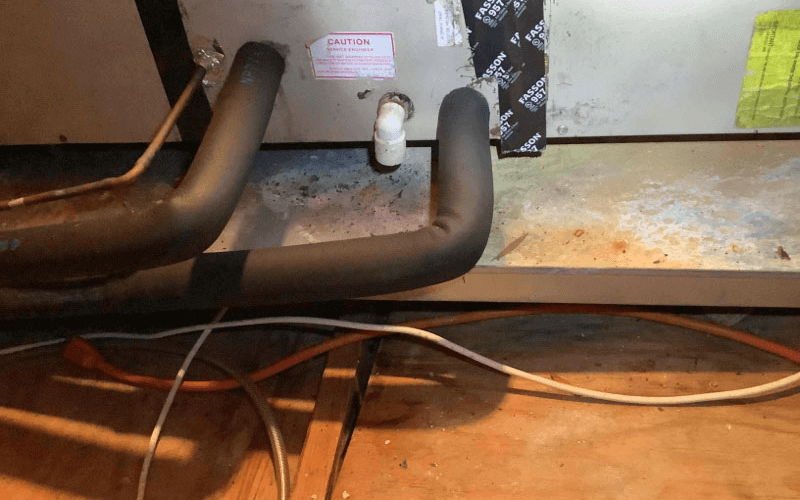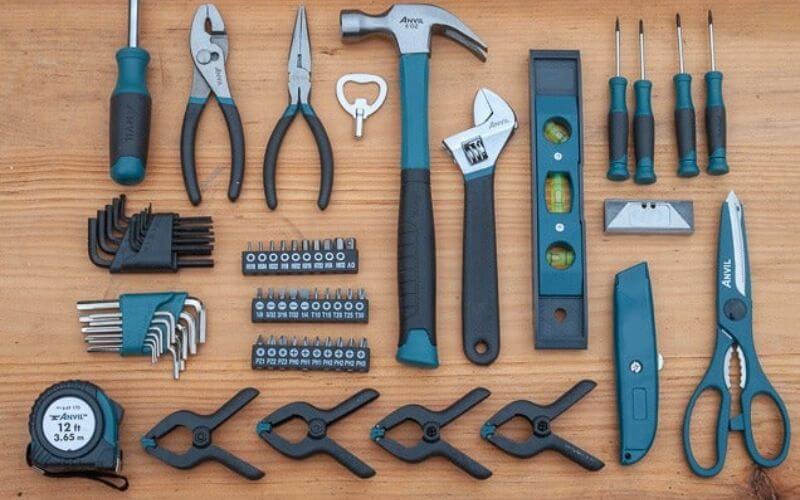Winters without a water heater become miserable. It’s a great way to unwind after a long day at work or a long trip. Consider a heat pump when replacing the water heater. What are the pros and cons of heat pump water heaters? Read on to learn all the pros and cons of heat pump water heaters and help you decide whether it is best for you.
Table of Contents
ToggleWhat Is A Heat Pump Water Heater Function?
When the steam’s work is completed, the steam is pushed into the heat pump’s storage tank. A heat pump raises the temperature of the water by absorbing heat from the surrounding soil or air. The hot air in the tank heats the cold water that goes into the tank and is then used to heat the water in your home. They are ideal for homeowners because they can be used in various climates.
Types
The following are the two types of heat pump water temperature:
- Tankless
- storage tanks
Also, Read: What Causes Too Much Pressure In The Hot Water Heater?
| Image | Product | Features | Price |
|
Best Seller
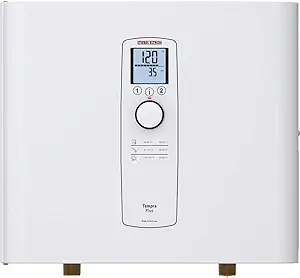
|
Stiebel Eltron Tankless Water Heater – Tempra 24 Plus |
Electric, On Demand Hot Water, Eco, White, 20.2 |
$660.42
|
|
Best Seller
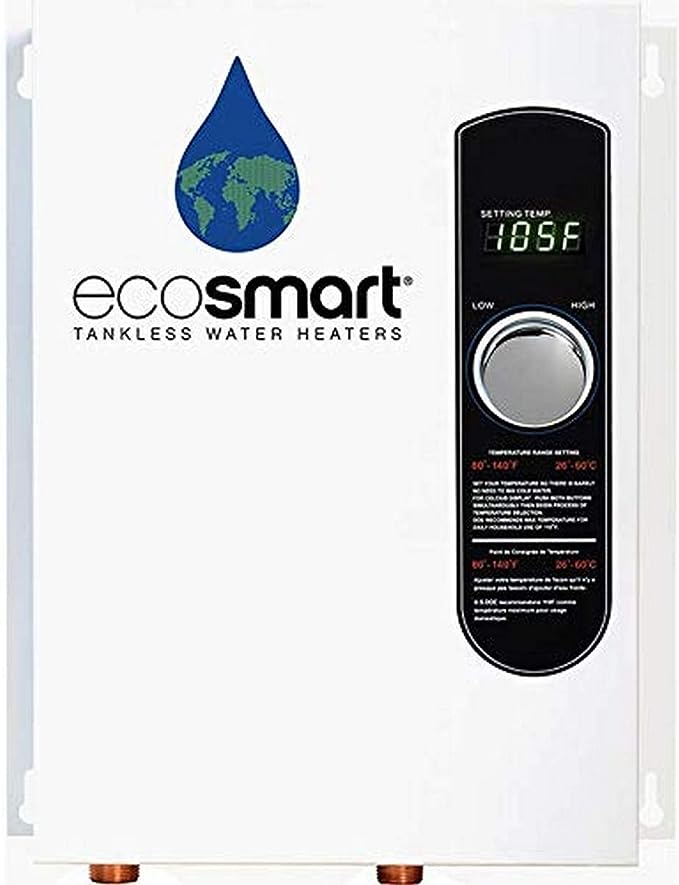
|
EcoSmart ECO 27 Tankless Water Heater, Electric, 27-kW |
|
$405.20 |
|
Best Seller
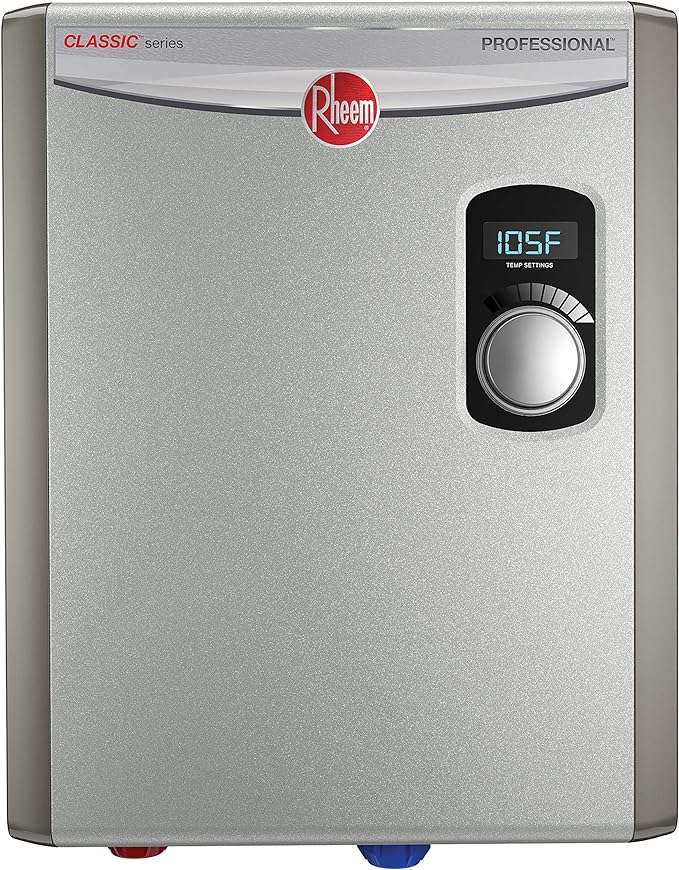
|
Rheem 18kW 240V Tankless Electric Water Heater
|
|
$449.17 |
|
Best Seller
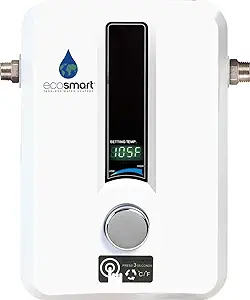
|
EcoSmart ECO 11 Electric Tankless Water Heater, |
13KW at 240 Volts with Patented Self Modulating Technology |
$192.69 |
|
Best Seller
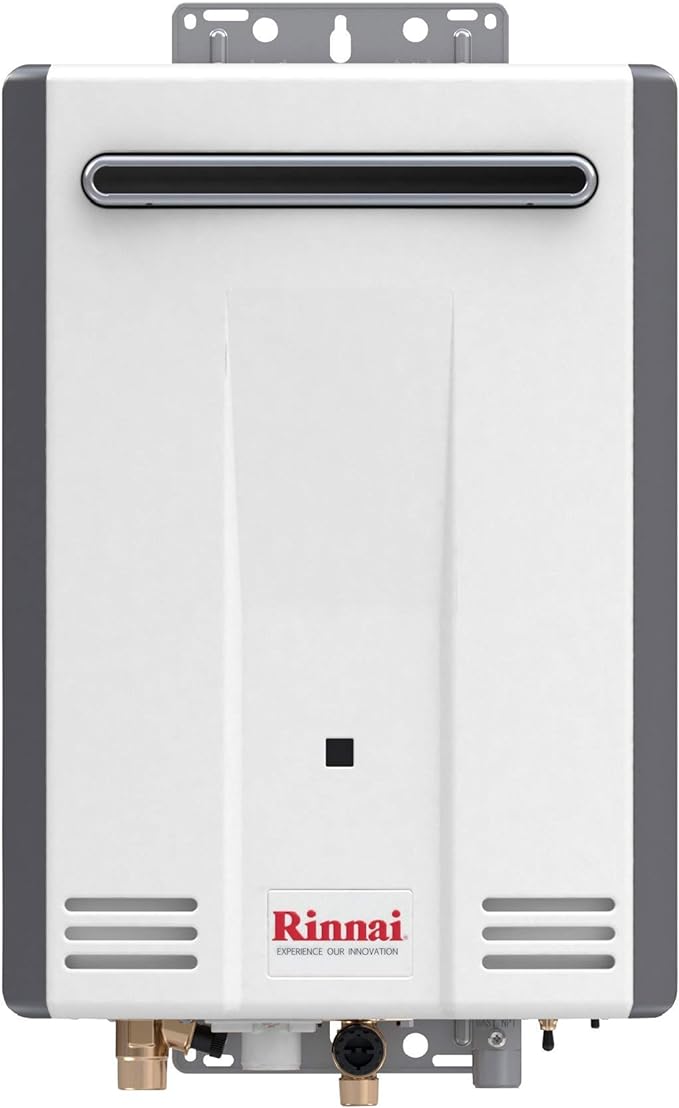
|
Rinnai V53DeP Tankless Hot Water Heater, 5.3 GPM, Propane, |
Water Heater, 5.3 GPM, Propane, Outdoor Installation |
$669.71
|
Advantages Of Heat Pump Water Heater:
Reducing The Cost Of The Bill:
Heat pumps have the advantage of lower operating costs. Monthly energy bill savings increase as energy efficiency improves. When combined with solar panels, a heat pump can achieve over 300 percent greater efficiency while using less energy.
Reduced Maintenance:
The system allows owners to see various heat pump components. It requires less maintenance than conventional systems; however, specialist maintenance inspections are required every three to four years.
Conserving Energy:
Heat pumps utilize less energy and create fewer greenhouse gases than other types of systems because they transfer heat.
Enhanced Security:
Heat pumps are less dangerous than typical incinerators. It is safer than other types of water heaters because it creates energy without the use of fuel.
C02 Reduction:
Air-source heat pumps use less energy because power is only required for internal heat pump operations. Rather, they are powered by the temperature of the surrounding air. This could result in a significant reduction in energy use and carbon emissions.
Less Operating Problems:
Heat pumps, which can reverse the process and function as air conditioners in extreme temperatures and Humidity, are useful all year.
Prolonged Life:
Heat pumps are well-known for their long lifespans of up to 20 years. Your heat pump will save you money immediately, thanks to one-time servicing and guaranteed returns.
Disadvantages Of Heat Pump Of Water Heater:
Difficult To Install:
Heat pump installation is not a do-it-yourself project for everyone. It takes time to evaluate your home’s heating and cooling requirements. You must also understand how heat moves in your area and where to locate your heat pump. It is best to hire a qualified hot water installation specialist for this.
Greater Initial Investment:
Heat pump water heaters are more expensive to purchase because of their durability and longevity. However, their lower energy consumption will result in immediate savings.
Challenging In Winters:
Heat pumps may struggle to operate efficiently in colder climates, causing internal components to deteriorate. Instead of dismissing them, talk with our staff about winter improvements.
Loud Noise:
Some heat pump water systems can be installed far from the house to reduce noise.
Unsuitable For Smaller Homes:
Because there may not be enough room for a condensation pump or drain, smaller homes might be unable to install a heat pump water heater. To absorb heat from the air, heat pumps need room. Its operating space needs are between 750 and 1,000 cubic feet (21.24 and 28.32 cubic meters), or about the size of a small bedroom. Installing a heat pump water heater requires a 7-foot ceiling. Choose something different if you don’t have a basement, a particular room, or extra space.
How To Increase Its Lifespan?
Due to the high cost of water heaters, it makes sense to prolong their life rather than buy a new one. An excellent water heater is the most economical choice. With the least expensive model, you might get what you paid for and need a new water heater sooner than usual. Like any other item, your heater needs regular maintenance.
These heaters should have annual maintenance performed by plumbers. This ensures the quality of the hot water and the heater’s longevity.
It may seem obvious, but using your water heater less frequently can help it last longer. You shouldn’t have to give up hot showers, sink water, or anything else; instead, wash clothes in cold water and cook with hot water from the stove. Water heaters frequently run indefinitely, wasting energy.
A licensed plumber can install a water heater timer so that water is only heated when needed. Timers, when used correctly, can extend the life of a heater by many years.
Are Water Heaters With Heat Pumps A Good Investment?
A heat pump water heater might be a good option if you need a new electric water heater or are experiencing problems paying your electric bill.
According to the Department of Energy’s Star Website, the typical household saves $330 on annual electricity bills by using heat pump water heaters over a heat pump water heater’s lifetime, which comes to around $3,400.
Conclusion:
Heat pump installation benefits many homes right away. Customers who do not have the space for a storage tank can still get affordable, dependable hot water while lowering greenhouse gas emissions. Heat pumps are quickly becoming the best and most recommended heating option because of their efficiency, affordability, longevity, low maintenance, and dependability. Selecting a home-friendly water heater by weighing the pros and cons is simple.
FAQ:
Is it possible for heat pumps to run out of hot water?
Hot water may run out in small tanks. If the tank is too large, it may cost more to keep unused hot water, raising electric bills.



